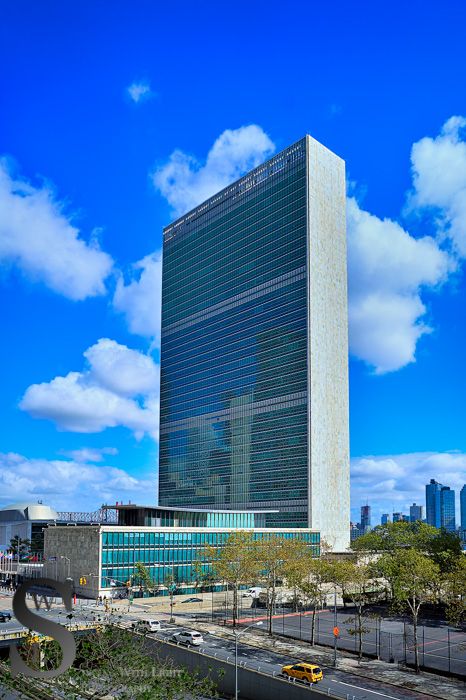The challenges facing the international community are growing while the willingness to cooperate seems to be waning and unilateral action at times gets in the way of joint solutions. Foreign policy can pave the way for transformative change by actively supporting a major achievement of multilateralism: the 2030 Agenda with its 17 Sustainable Development Goals (SDGs). These goals have a common aim: more peace and justice worldwide. But what exactly is the role of foreign policy in the global sustainability architecture? What are the fields of engagement and tools of a new ‘Diplomacy for Sustainability’?
Driving Transformative Change: Foreign Affairs and the 2030 Agenda explores what contributions foreign policy can make on the road to achieving sustainable ways of life and provide guidance by pointing out entry points, priorities and trade-offs. They aim to inspire actors around the world to work together to initiate and boost the necessary changes and keep winning over new like-minded partners.
The volume comprises six incisive essays which highlight different foreign policy approaches to the SDGs, including an essay by CIC Senior Fellow David Steven and Non-Resident Fellow Rachel Locke entitled Beyond 16: The SDGS and the Opportunity to Build a More Peaceful World.
You can find the full volume on the Adelphi website here.
Full list of essays
- Leadership for the SDGs: Why Foreign Policy Must Recharge Multilateral Cooperation Now – by Oli Brown (Chatham House) and Stella Schaller (adelphi)
- Beyond 16: The SDGS and the Opportunity to Build a More Peaceful World – By David Steven (Center on International Cooperation, NYU), Rachel Locke (Center on International Cooperation, NYU) and Lukas Rüttinger (adelphi)
- Beware the Politics: Leveraging Foreign Policy for SDG Implementation – By Daria Ivleva (adelphi), Alexander Müller (TMG Think Tank for Sustainability), and Benjamin Pohl (adelphi)
- Managing the Trade-Offs of Transformation Through Foreign Policy – By Clare Church (IISD), Alec Crawford (IISD) and Stella Schaller (adelphi)
- Worth Every Cent: Smarter Approaches to Addressing Fragility – By Sara Batmanglich (OECD)
- Beyond Rhetoric: Why Foreign Policy Needs to Foster Private Sector SDG Implementation – By Benno Keppner (adelphi), Daniel Weiß (adelphi) Pietro Bertazzi (CDP), and Bibiana García (adelphi)



